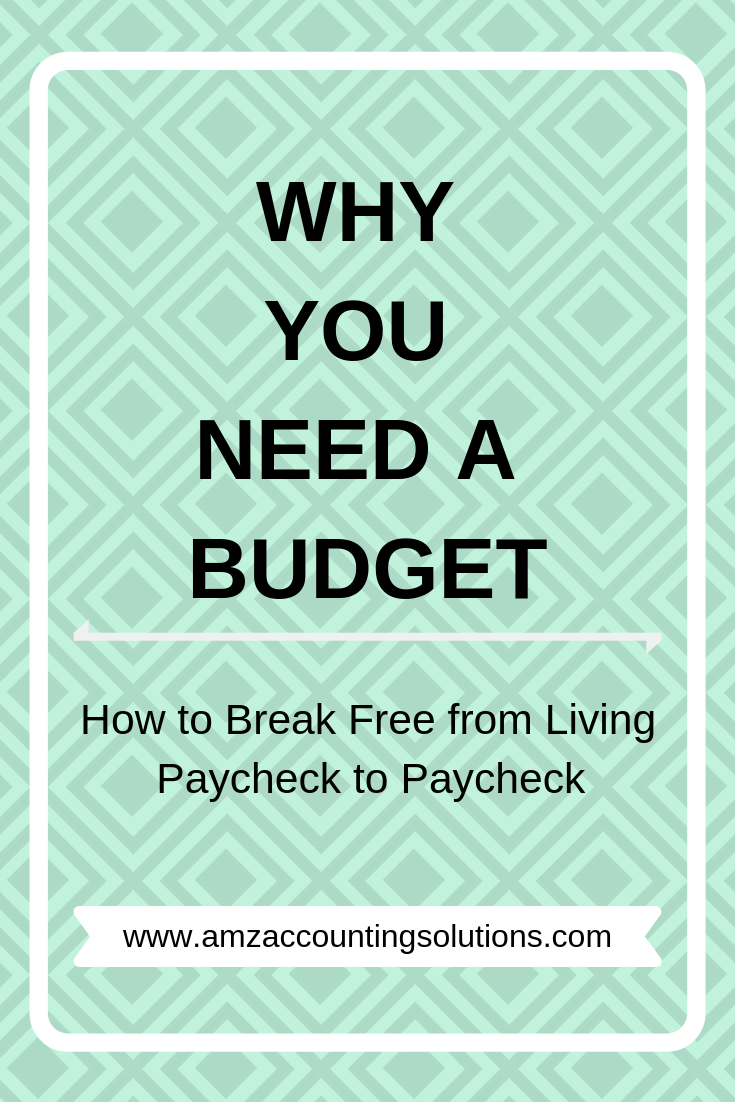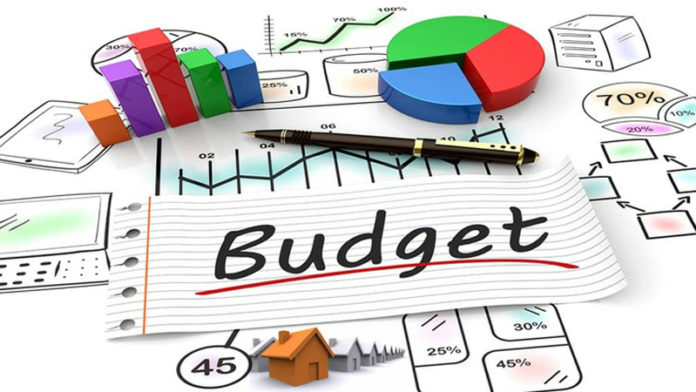You know the drill, your paycheck comes in and you think maybe you can finally make some progress toward the ever-growing sea of bills you’ve been drowning in. But month after month, you see your money run out before the month does.
You know the way you’ve been managing your money just isn’t working. You wipe out your savings every time there’s a minor emergency. You keep putting your biggest goals and dreams on the back burner because they are just too expensive.
But there is still some part of you that is dreaming of better days. You think about being debt-free, and long for the peace that only comes when you are prospering financially.
Almost 80% of Americans are trapped in this same vicious cycle of living paycheck to paycheck, so you’re not alone. But is there any escape from this all too common rut?
Absolutely. There’s always a better way to take control of your finances. Like any well-thought-out financial strategy, it all begins with a budget, or spending plan, as I like to call it. After all, a budget is simply just a plan for how you spend your money. That’s it! Just like you plan your day, scheduling the activities and tasks you need to do, you can plan your money as well.
No matter what your end game is—getting out of debt, saving for your kid’s college fund, planning for retirement, paying off the mortgage, or investing—you need a budget.
Want to be debt-free? Hoping to reach millionaire status one day? It all starts here. The budget is your key to making your financial goals a reality.
The first step toward creating a budget is to gain a clear understanding of what income you have and how you are spending your money. Track every single expenditure – even the smallest ones – for a month. Create a list of monthly expenses, compare it to your income and determine ways to keep your spending levels as far below your income as possible. You can use a spreadsheet, or download a budgeting app, such as Personal Capital or Mint to streamline the process and keep your spending in check.
To make sure your budget is working, you’ll need to monitor and adjust it on a regular basis. Depending on your schedule, revise your budget once a week, every other week, or once a month. Many people make the mistake of setting a budget and forgetting about it, which is not wise at all.
There will be things that can change over time in your life, and they will impact your budget. For instance, your income may change, your financial goals may change, or there can be an unforeseen emergency where money is needed. All these things will affect your budget directly. If this happens, then your budget should be re-evaluated and adjusted.
Escaping the paycheck-to-paycheck rut is ultimately a matter of choice. Do you genuinely want to break from the cycle and expand your financial horizons? Then consciously do something about it, because your financial situation is not going to magically fix itself.
It all starts with taking action and creating a budget. The benefits will begin immediately, as will the peace of mind in knowing that you have control of your life and your money.











